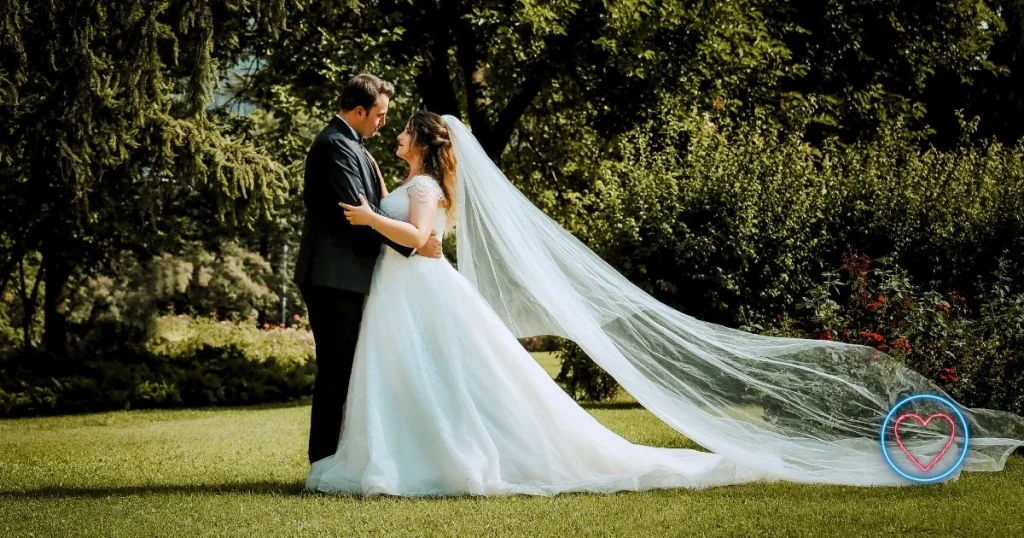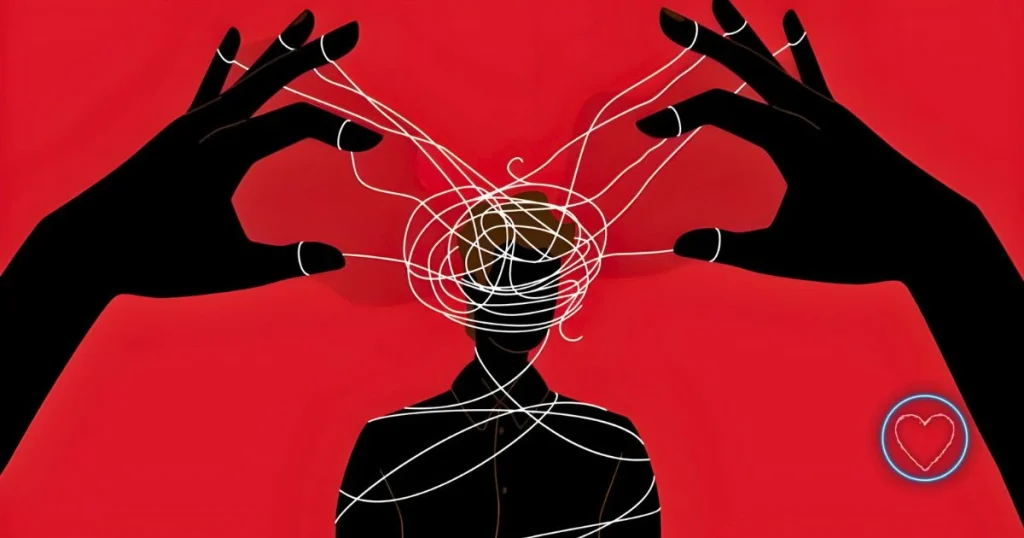In any healthy relationship, love doesn’t equate to ownership. Instead, it means partnership built on mutual respect and trust. One of the most empowering aspects of such a connection is having your independence honored. This respect goes beyond simply giving you space—it means your individuality, decisions, and dreams are valued without judgment or control.
Many people mistakenly believe love requires merging completely with another person. While intimacy and closeness are essential, true love also embraces autonomy. A partner who respects your independence encourages your growth by walking beside you, not by trying to control your journey.
But how can you tell if your relationship genuinely supports your independence? Here are 12 clear signs your partner respects your freedom and individuality.
1. They Encourage Your Personal Goals
Whether you aspire to change careers, pursue further education, start a business, or take on a new hobby, your partner enthusiastically supports your ambitions. Rather than viewing your goals as distractions, they celebrate your drive and believe in your potential.
Such encouragement is crucial because it shows they value your growth. Moreover, they don’t feel threatened or competitive but take genuine pride in your achievements. This positive outlook makes your journey feel like a shared victory.
2. They Don’t Micromanage Your Decisions
A respectful partner trusts you to make your own choices, from everyday matters like what to wear to significant life decisions about finances or social activities. While they may offer advice or opinions, they never pressure you to follow their path.
Honoring your autonomy means recognizing that your life belongs to you, even when you share it with someone else. Consequently, you feel empowered to lead without unnecessary interference.
3. They Support Your Hobbies and Interests
Everyone needs personal passions to feel fulfilled. Whether your interests include painting, hiking, reading, or playing sports, your partner appreciates how these pursuits contribute to your happiness and well-being.
Instead of dismissing your hobbies or making you feel guilty for spending time on them, they celebrate what makes you unique. This acceptance strengthens your relationship by allowing you both to flourish individually.
4. They Give You Space Without Guilt
Personal space is essential for maintaining balance in any relationship. When you need time alone or want to spend a night out with friends, your partner respects that need without making you feel guilty.
They avoid statements such as, “Why do you need time away from me?” or “Don’t you enjoy being with me anymore?” Instead, they understand that distance can actually deepen connection, allowing both of you to recharge.
5. They Trust You—Fully
Trust is the foundation of both love and independence. A partner who respects your autonomy doesn’t feel the need to check your phone, track your location, or question your every move.
Rather than assuming the worst, they give you the benefit of the doubt. This kind of trust fosters freedom and security, enabling you to be your authentic self without fear of suspicion.
6. They Have Their Own Identity
A partner who values your independence usually maintains a strong sense of self as well. They pursue their own interests, friendships, and goals instead of relying solely on the relationship for validation.
Because both of you have individual lives, you grow side by side rather than becoming codependent. This balance creates a stronger foundation for a lasting relationship.
7. They Don’t Expect You to “Report In” Constantly
Healthy relationships allow for freedom even when partners are apart. Your partner doesn’t demand hourly updates or interrogate you about your day.
Although communication is important, they trust you to live your life fully without feeling watched. This trust reinforces mutual respect and reduces unnecessary stress.
8. They Handle Your Boundaries with Care
Everyone has limits, and respecting those boundaries is a sign of genuine care. When you express needs such as wanting emotional space or avoiding certain topics, your partner listens attentively.
They neither push back nor make you feel selfish for setting boundaries. Instead, they accept your feelings and adjust their behavior accordingly, which strengthens mutual trust.
9. They Never Use Guilt to Control You
Emotional manipulation through guilt is a common tool used by controlling partners. In contrast, a partner who respects your independence avoids statements like “If you loved me, you wouldn’t go,” or “I guess I’m not important to you.”
Instead, they communicate their feelings honestly without turning them into weapons. This openness fosters an environment where you feel free to make choices without fear of emotional blackmail.
10. They Respect Your Friendships
A partner who supports your independence encourages you to maintain relationships outside the romantic bond. They don’t try to isolate you or make you feel guilty for spending time with friends.
Whether your friends are of the same gender or different, single or married, your partner values these connections because they understand that a strong social circle enriches your life.
11. They Celebrate Your Uniqueness
You never feel pressured to hide your quirks, change your personality, or dim your light to keep your partner comfortable. On the contrary, they admire and accept your authentic self—the whole package of strengths and flaws.
By embracing your individuality, they encourage you to live genuinely. This acceptance creates a safe space for both of you to express yourselves freely.
12. You Feel Empowered—Not Owned
Perhaps the most telling sign of all is how you feel in your partner’s presence. Do you feel safe expressing your thoughts? Do you feel encouraged to grow and explore? Is freedom a natural part of your connection?
When you feel empowered rather than controlled, it means your partner respects your autonomy. They want to walk alongside you, not manage or restrict you. Their love adds strength to your sense of self instead of chaining it.
Why Independence Matters in Relationships
Many people mistakenly think that independence undermines intimacy. In fact, the opposite is true. Relationships based on mutual independence tend to be healthier, more resilient, and more satisfying.
When both partners retain their identities, they avoid codependency and resentment. They bring their best selves to the partnership, choosing each other freely every day—not out of need, but out of love.
This independence allows you to:
- Grow without limits.
- Love without fear.
- Express yourself without censorship.
- Trust without control.
What to Do If You Don’t See These Signs
It’s important to remember that no relationship is perfect from the start. If you notice your partner struggling with some of these behaviors, it doesn’t automatically mean they are controlling. Instead, it might indicate a need for open communication.
Consider asking yourself:
- Can I talk to my partner about my need for independence?
- Do they listen and respect my boundaries?
- Are they willing to grow with me?
If your partner responds positively, then establishing clearer boundaries and discussing your needs might strengthen your bond. However, if they dismiss or resist your efforts, it could be time to reevaluate the relationship’s health.
Final Thoughts
Love and freedom are not opposites. They are two sides of the same coin in building a fulfilling relationship. A partner who respects your independence doesn’t hold you back; they walk beside you, cheering you on and celebrating your individuality.
You deserve a love that honors your voice, dreams, and autonomy. You deserve someone who trusts and empowers you, someone who helps you soar rather than clipping your wings.
If you’ve found a partner who supports your independence, cherish them. That respect is not just love—it’s the foundation of something truly beautiful.




















